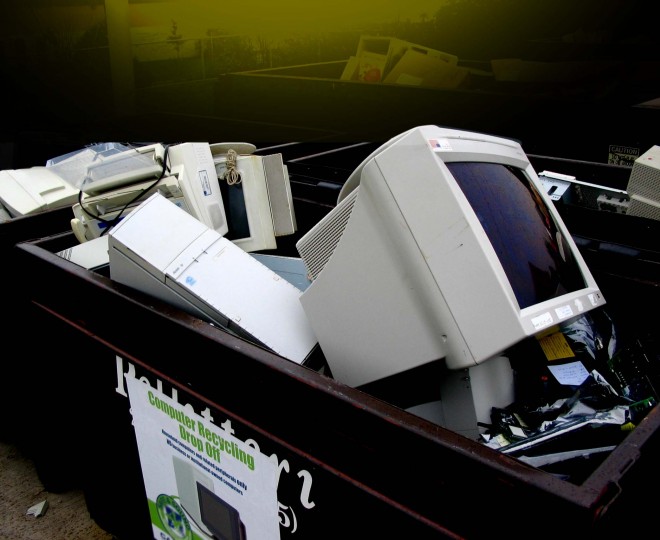Já viu a última reportagem da Globo News destacando a importância de Mobile no Brasil? O fim de ano é certamente a melhor hora para aproveitar esta oportunidade!
Para ajudá-lo a começar agora, gostariamos de compartilhar com você diversos recursos que podem colaborar com seus projetos para Mobile:
Webinar ao vivo sobre promoção de aplicativos: Se tiver um aplicativo, o fim do ano é definitivamente a melhor época para promovê-lo. Saiba por que e aprenda a fazer as melhores campanhas de aplicativos! Terça-feira, 30/10, às 15h - não é necessário se inscrever. No dia e horário marcado, acesse o perfil do Google Brasil no Google+ e assista ao Hangout ao vivo.
Guias e Ferramentas
O PlayBook de Mobile - Um ótimo site para começar a entender como começar em Mobile, com diversos exemplos brasileiros.
GoMo - Crie um site mobile automaticamente. Tambem veja GoMoBrasil.com.br.
Você já está no mobile - Todas as principais plataformas da Internet são Mobile Friendly. O que falta é ativá-las via mobile. Veja como na apresentação feita no 1o Treinamento Mobile para Agências.
Dados
Our Mobile Planet - Dados sobre o Brasil - Informações completas e dados coletados pela Ipsos sobre os usuários de smartphones no Brasil. Crie gráficos personalizados no site Our Mobile Planet.
Consumidor Móvel: Realizada anualmente, mostra a evolução do mercado mobile brasileiro através dos hábitos e comportamentos dos usuários de smartphones e tablets.
F/Radar 2012: O levantamento identificou ainda que 5 milhões de pessoas se conectam no Brasil usualmente utilizando o tablet e que o crescimento da internet brasileira foi impulsionado pela disseminação do acesso em casa, que chegou a 34% da população.
Pesquisa sobre Múltiplas Telas (em inglês) - Estudo sobre a importância de incluir todas as telas em todas as campanhas.
Inspiração:
Em evento oficial de Cannes no Brasil com apoio do IAB Brasil: The Future of Mobile Marketing Por Peter Sells, Head Mobile da BBH Londres.
Palestra "O que vi em Cannes" Por Leo Xavier, CEO do Grupo.Mobi - Jurado do 1o ano da categoria de Mobile em Cannes analisa 10 vídeos cases em Cannes e que tem o mobile como elemento de destaque. Contém dicas do que fazer e não fazer num vídeo ao inscrever um vídeo case nesta categoria.
Outros Recursos Úteis
IAB Mobile Media Buyer's Guide (em inglês)
Fonte : Seus amigos do IAB Comitê Mobile
--
Visitewww.themobileplaybook.com/br no seu tablet, computador ou smartphone
Visita www.themobileplaybook.com/es-latam en su tablet, computadora o smartphone





